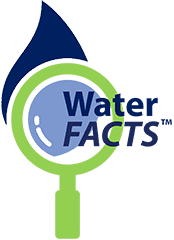Effective Legionella control in water systems starts with analyzing system data to pinpoint problem areas and implement targeted interventions. By examining positivity rates, temperature variances, and disinfectant levels, facilities can avoid unnecessary system-wide disinfection and address persistent issues with validated solutions like POU filters. Achieve compliance and safety through a proactive, data-driven approach.
